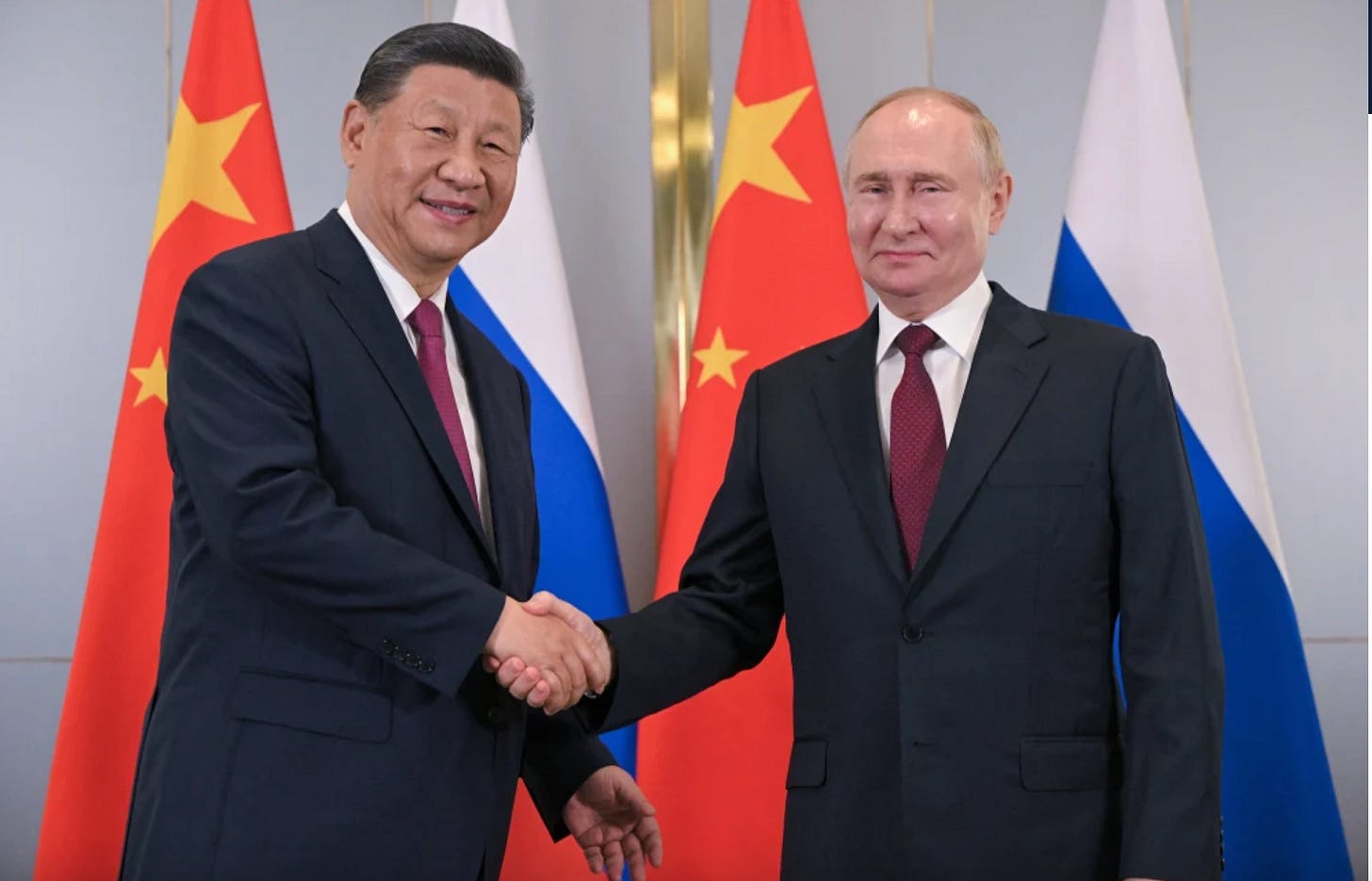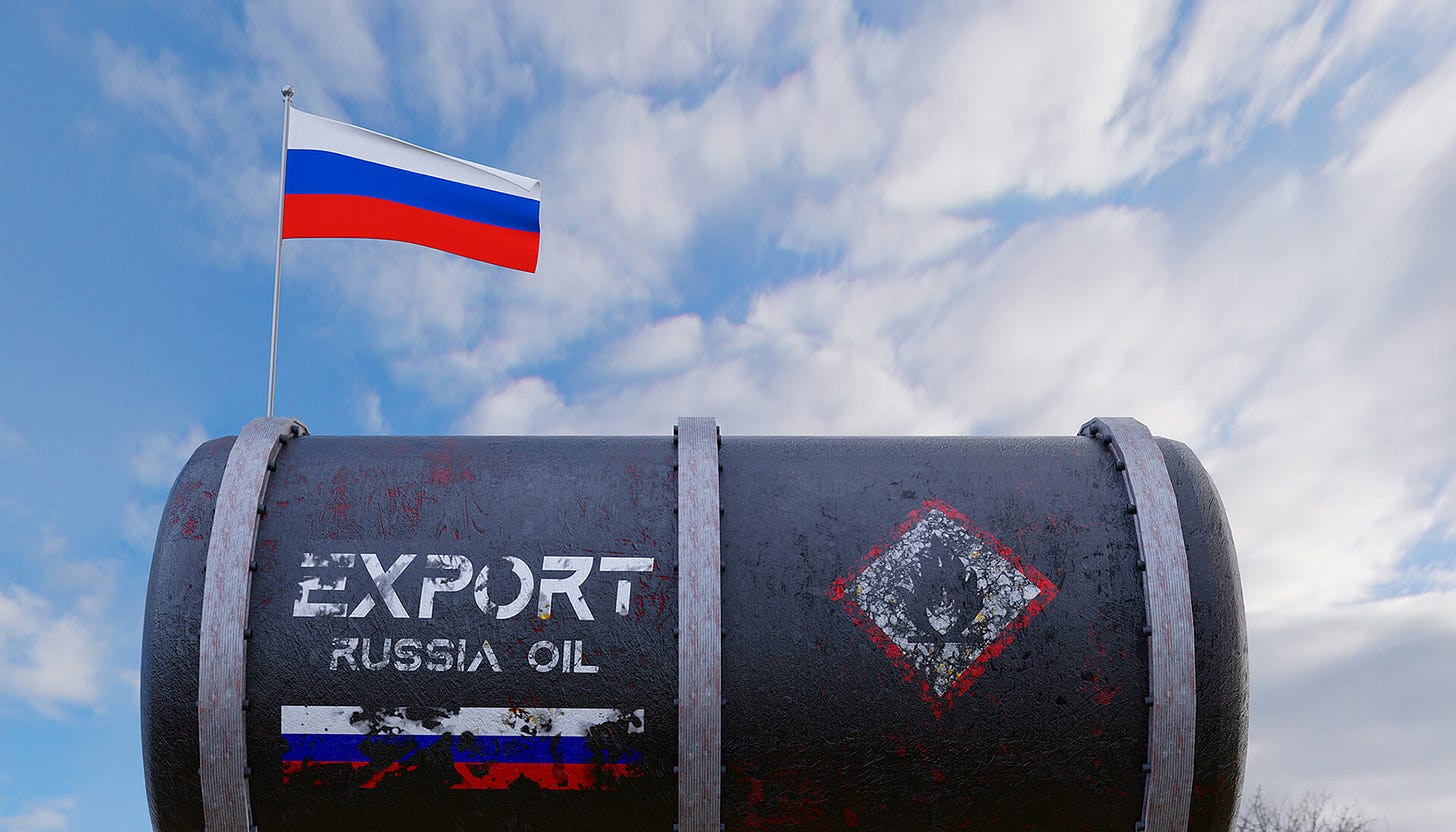MAGA’s hot, young summer
Jonas Du, a Free Press journalist, writes about attending a young MAGA party held at the DC penthouse loft owned by a crypto billionaire, where ridiculously pretty girls wore all-white, ordered McDonald’s and celebrated the dominance they are asserting over culture.
I enjoyed how, even though the piece is premised on a reasonable dose of scepticism, Du let them explain themselves and their positions without judgement.
I particularly loved the reference to the Dyson hairdryer.
Stepping into the building, a converted Romanesque Revival schoolhouse built in 1895, felt like a scene right out of Bama sorority rush—a line of blonde girls wearing white dresses with white heels, accompanied by their polo or linen shirt-clad dates, waited to be checked in. (‘Every girl in here owns a Dyson—I guarantee you,’ my plus-one whispered in my ear, referring to the hairdryer-curler tool that has become a status symbol for women.)
We stepped into the bright, two-story, brick-walled living room, where I met Maren Hersam, 26, who works in public relations.
I was surprised that she identifies as an independent, although when I asked her whether she supported the MAGA movement at all, she said she was excited about the direction free speech was moving under Trump—and how ‘the right to express opinions without it being a problem’ was important for her.
‘I feel like it’s important for the culture to include both sides.’
…
Indeed, the more I spoke to this well-connected subset of the young right, the more it was apparent that the ‘culture’ of MAGA is what unites them behind Trump, rather than any one policy or ideology. And the part of this culture repeatedly cited by these partygoers was feeling like they could finally share their beliefs openly.
‘When I threw my inauguration party, the New York magazine accused me of waging a quest for cultural dominance. They were right. We should be culturally dominant,’ Pearson told me as we sought a quiet corner in the pantry.
‘When you have people out here—400-plus young people who are young, hot, and healthy and are unapologetically MAGA—it shows other young people: This isn’t taboo. This isn’t un-ordinary. This is cool!’
China and Russia could launch joint wars
NATO’s Commander in Europe (SACEUR) General Alexus Grynkewich has warned that China could be ready to launch a two-front war alongside Russia as early as 2027.
‘We’re going to need every bit of kit and equipment and munitions that we can in order to beat that,’ Grynkewich said.
If China’s President Xi Jinping makes a move on Taiwan, he likely would coordinate such an attack with Russian President Vladimir Putin, opening the possibility of a global conflict, he said.
‘That, to me, means that both of these things could happen together,’ said Grynkewich, who also serves as NATO supreme allied commander.
Xi warns Chinese officials against oversupply
This is an incredibly significant admission from Chinese President Xi Jinping. He has warned his officials against overinvesting in key industries — AI and electric vehicles.

He also gives an important warning about debt, vindicating Europe, and particularly France’s concerns about China oversupplying the global market with state-subsidised electric cars.
’When it comes to projects, there are a few things — artificial intelligence, computing power and new energy vehicles. Do all provinces in the country have to develop industries in these directions?’ Xi told the Central Urban Work Conference, a rarely held high-level Communist party meeting on urban development.
Xi’s remarks were carried on the front page of the Communist party mouthpiece, the People’s Daily, underlining their importance.
They follow a series of official statements attacking what Beijing calls neijuan, or ‘involution’ — price wars in industries suffering from overcapacity.
…
In the electric vehicle industry, scores of manufacturers have engaged in bruising price wars that have hit their earnings and angered trading partners who fear China’s abnormally low prices are undermining the industry globally.
‘We should not only focus on how much GDP has grown and how many major projects have been built, but also on how much debt is owed,’ Xi told the conference.
‘We should not let some people pass the buck and leave problems to future generations.’ The remarks and the party’s campaign against involution are a major turnaround from a year ago, when Xi denied that overcapacity existed in China, during a visit to France.
EU, UK sanction … without the US
The EU and UK have gone ahead and announced a new cap on Russian oil, lowering it from $60 per barrel to around $47 per barrel.
The cap was first set by the G7 in December 2022, ten months after Russian President Vladimir Putin launched his full-scale invasion of Ukraine.
Capping the oil price is aimed at suffocating Russia’s energy sales, but has only been somewhat effective, because Russia can evade the cap by using a shadow fleet of ships to carry its cargo to plenty of customers around the world, including India.
And the arrival of the Trump Administration has meant that momentum for further capping the Russian oil price, at the G7 level, has struggled to find support.
So now the EU and UK have gone out on their own.
Rikard Jozwiak argues it’s a sign of an increasingly more muscular EU.
Taking the proposal to the G7 summit in Canada last month, the bloc tried and failed to secure a deal with the United States resisting as oil prices surged after Israeli and American attacks on Iran's nuclear facilities.
Presumed dead at first, several key EU member states such as Germany and France as well as the European Commission still aimed at resuscitating the new cap and tried to convince Cyprus, Greece, and Malta - countries with considerable maritime services sectors – to agree on EU-only measures instead.
Eventually, the trio got onboard with lowering the cap to $47.6 per barrel, 15 per cent lower than the average market price of Russian crude oil. What got them all onboard was the promise of a ‘dynamic review’ of the cap, meaning that it should be reviewed on a regular basis.
The key thing to look out for now is if other G7 nations follow suit.
Japan grasps strategic challenges ahead
Some nations grasp the strategic threat the world faces, namely Japan, which issued its annual defence report this week.

It said the international community has entered a ‘new era of crisis’, that China represented the greatest strategic challenge to Japan and that US President Donald Trump’s policies will significantly impact the Indo-Pacific.
What stands out is how clearly Australian thinking around China used to serve as the regional harbinger and the contrast to what serves as Australian leadership and thinking on steering the population through what may be the most difficult period our generation faces.
Japan has committed to a goal of spending 2 per cent of its gross domestic product on defence, laying out a five-year, ¥43 trillion plan in 2022.
According to the paper, some 61 per cent of this plan has already been put into action, with defense-related spending in the fiscal year through March 2026 set to total ¥9.9 trillion ($68.4 billion), or 1.8 per cent of GDP in line with 2022 budget standards — a figure that has Japan within striking distance of the 2 per cent target.
Moves by the Chinese military in the airspace and waters around Japan have been a driving factor in the push to spend more on defence.
‘China's growing military activities have the potential to seriously affect Japan's security, and this is of grave concern,’ the paper says.
The report also echoes concerns stated in last year’s version about China’s designs on self-ruled Taiwan, noting Beijing’s ramped-up pace of military activities around the island.
The possibility of a ‘serious situation’ akin to Russia’s war in Ukraine occurring in East Asia ‘cannot be ruled out,’ it said, in a view widely seen as highlighting fears of a Chinese invasion of Taiwan.
‘As the United States continues to make clear its stance of supporting Taiwan militarily, China — which regards the Taiwan issue as the 'core of its core interests' — is unlikely to compromise, and the conflict between the US and China over the issue may become even more pronounced,’ the paper notes.
And that’s my list for this edition.
📻 This week I appeared on Moncole Radio’s The Globalist on Monday morning to review the newspapers and on Wednesday to discuss New Zealand bucking the trend in seeking to increase its international student intake.
Please do send me anything that’s caught your eye, I enjoy knowing what you’ve been reading.
Some of you have started to offer me copies of your books etc. Please email me at latika@latikambourke.com for a forwarding address for hard copies.






You're a midwit, reading smear pieces.